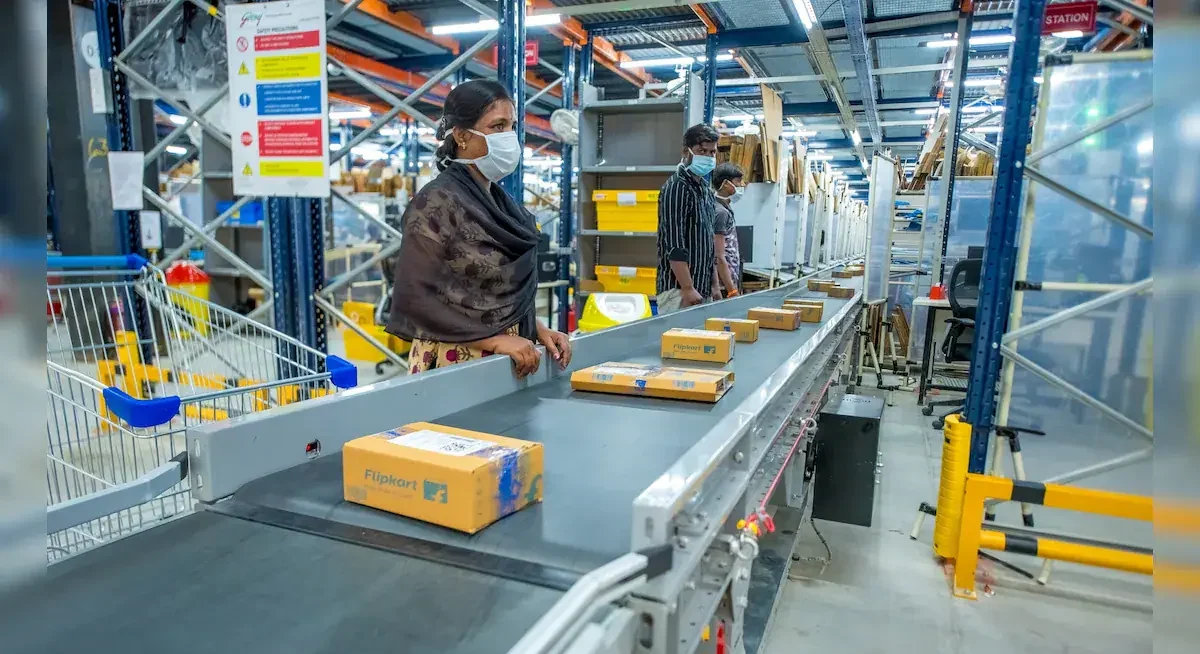In a landmark policy shift that could redefine the informal workforce landscape in India, the government has announced the integration of gig workers into mainstream social security schemes such as the Employees’ Provident Fund Organisation (EPFO) and the Employees’ State Insurance Corporation (ESIC).
This move, officially confirmed by Finance Minister Nirmala Sitharaman during the Union Budget 2025, aims to extend long-overdue protections and benefits to nearly one crore gig workers across the country.
From Margins to Mainstream
Gig workers, drivers, delivery agents, and on-demand freelancers have long operated without formal employment rights. That is now set to change. The Ministry of Labour and Employment has initiated dialogues with major e-commerce and gig economy companies, including Ola, Uber, Amazon, Flipkart, Zomato, and Swiggy, to implement structured benefits for their contractual and freelance workforce.

Among the key decisions is monthly government grants for gig workers, an initiative that will likely be linked to contributions toward social security schemes.
ESIC and EPFO Enrollment Now Possible
For the first time, gig workers will be eligible for:
- Provident Fund Contributions under EPFO: Offering retirement savings and pension safety nets.
- Health Insurance under ESIC: This includes access to Ayushman Bharat – PM Jan Arogya Yojana (AB-PMJAY) benefits, with free medical coverage up to ₹5 lakh annually for the worker and their family.
Digital Inclusion via e-Shram Portal
The implementation will be facilitated through the e-Shram Portal, India’s national database for unorganised workers. Gig workers can register online to access the benefits, receive unique identification, and integrate into the broader welfare framework.
This rollout reflects a pivotal acknowledgment of the gig workforce’s contribution to India’s economy especially in urban centers where platforms like food delivery and ride-sharing have become integral.
Budget 2025: Social Inclusion at the Forefront
The scheme aligns with the government’s broader social inclusion agenda outlined in Budget 2025. Beyond gig workers, the budget also emphasized strengthening welfare frameworks for MSMEs, another backbone of India’s job market.
A Step Toward Economic Equity
Experts see this as a turning point in India’s labor policy. “Gig workers have driven the growth of the digital economy. It’s time they get the same dignity and security as formal workers,” said a top official at the Labour Ministry.
But challenges of implementation persist. Monitoring contributions, authenticating employment status, and facilitating coordination with private platforms will need strong digital infrastructure and enforcement of policies.
Why This Matters
NITI Aayog estimates India’s gig economy will reach $455 billion in 2029. However, the lack of legal safeguards and social security has made gig work vulnerable. This development may also open the door to a more robust, inclusive labour environment and help trigger similar reforms worldwide.
Also Read: Income Tax Return Filing for AY 2025-26






















